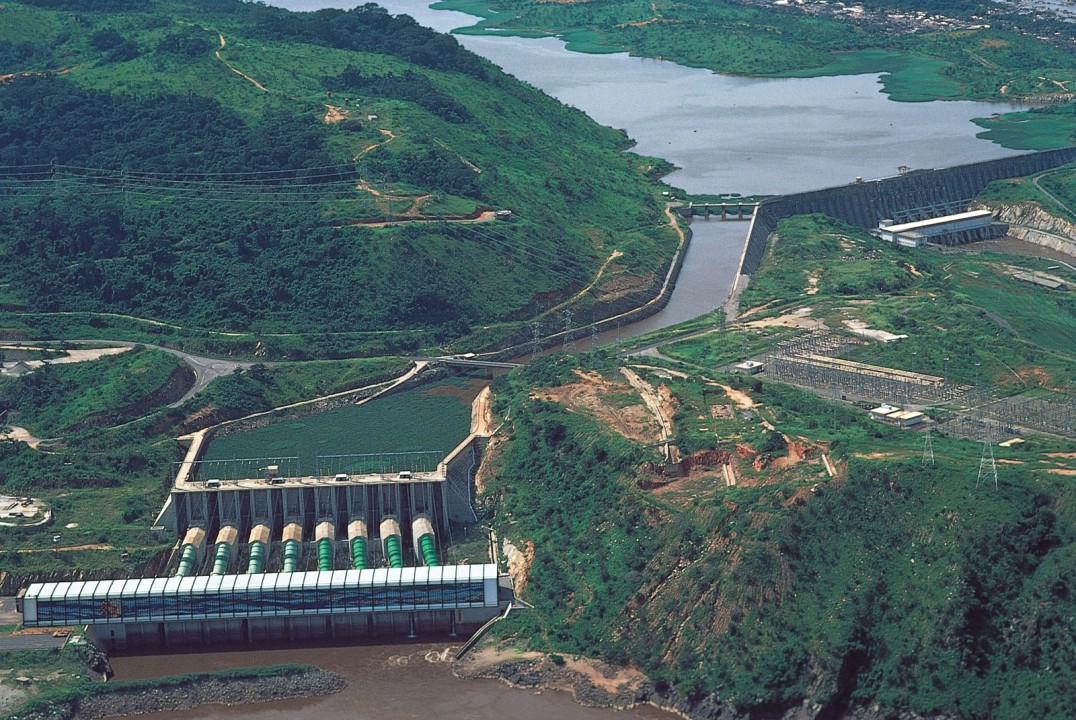Starting September 15, 2025, the Dangote Petroleum Refinery will begin supplying petrol (PMS) directly to filling stations in 11 Nigerian states, bypassing some traditional intermediaries. The ex-gantry (refinery gate) price has been set at ₦820 per litre, with retail pump prices varying depending on location: ₦841 per litre in states such as Lagos and other South-West states, and ₦851 per litre in Abuja, Edo, Rivers, Delta, and Kwara among others. Key to the rollout is free delivery to registered petrol stations in these states, a move aimed at improving supply reliability and lowering costs.
Why This Matters
- Price relief for consumers: With the refinery trimming costs and offering free delivery, pump prices should become more predictable and potentially lower in many states.
- Reduced dependency on imports: Dangote Refinery, capable of 650,000 barrels per day, was built in part to reduce Nigeria’s longstanding reliance on imported refined petroleum products.
- Supply chain efficiency: Free delivery to registered stations, plus logistical investments such as fleets of trucks and improved infrastructure, will cut out friction points that often lead to shortages or inflated transport costs.
- Market competition and regulatory pressure: The move challenges existing fuel distribution and pricing norms. Marketers and associations are being pushed to register with Dangote to benefit from the scheme.
What the Plan Looks Like
- States included initially: Lagos, Ogun, Oyo, Ondo, Osun, Ekiti (South-West), and Abuja, Edo, Rivers, Delta, Kwara in other regions. These eleven states will be first beneficiaries.
- Price structure:
• Ex-gantry price: ₦820/litre for petrol leaving the refinery.
• Retail pump prices: ₦841/litre in Lagos and South-West; ₦851/litre in other listed states.
- Free delivery: Registered stations will receive petrol deliveries free of charge, reducing markups or transport costs passed onto consumers.
- Logistics and expansion: The refinery has been acquiring assets for transport, including a fleet of trucks, improving its ability to serve retailers directly. Over time, the plan is to extend direct supply to more states.
Background & Context
Dangote Refinery: Scale and Intent
The Dangote Petroleum Refinery is Africa’s largest single-train refinery, with a capacity of 650,000 barrels per day. It is meant to ensure that Nigeria can refine much of its petroleum needs domestically, reduce import bills, and enhance energy security.
Construction and operational ramp-up have taken time, facing delays and logistical challenges, including securing crude supply, ensuring regulatory compliance, building delivery infrastructure, and managing distribution networks.
Policy and Regulatory Environment
- Prior to this move, Nigeria’s downstream petroleum sector had intermediaries: state oil companies and importers played large roles. Dangote’s plan reduces dependency on imports and intermediaries.
- Marketer associations such as DAPPMAN and IPMAN are involved: registering to access direct supply. Some tensions have arisen over fairness, pricing, and alleged preferential treatment.
- Labour relations: Unions such as NUPENG have been alert to what this shift might mean for workers, distribution jobs, and existing structures. There have been recent labor actions or warnings tied to changes in the market.
Also read: Libya Drills New Gas Well to Strengthen Energy Supply and Exports
Potential Challenges & Risks
While the plan is promising, several challenges could affect its success:
- Logistics and infrastructure bottlenecks: Even with free delivery promised, ensuring consistent fuel transport to many petrol stations especially in remote or poorly connected states requires road infrastructure, reliable trucks, maintenance, and security. Delays or breakdowns could disrupt supply.
- Competition and opposition: Existing importers, depot owners, and marketers may resist the disruption. Some have already raised complaints about the terms of registration, pricing advantage, or the impact on their businesses.
- Regulatory oversight and enforcement: Ensuring quality standards, fair access, transparency in pricing, and preventing abuses such as selective delivery or favoritism will require strong oversight from regulators and compliance from all parties.
- Fuel cost factors beyond refinery gate price: Taxes, transportation, currency fluctuations, international crude prices, and local fuel demand will still influence pump prices. It’s possible that savings may be offset by such external factors.
- Scaling up across Nigeria: Eleven states is the first phase. Extending to all 36 states and the Federal Capital Territory will take time, investment, and coordination. Ensuring all stations are registered and equipped may be a nontrivial task.
Implications for Consumers, Economy, and Energy Sector
- For ordinary Nigerians, this could mean more stable fuel availability, fewer long queues, potentially lower prices, and less vulnerability to price shocks from foreign exchange or international crude markets.
- For the economy, direct domestic refining and distribution reduce import bills, conserve foreign currency, and may support job creation along the value chain in transport, retail, and maintenance. It may also improve returned value on Nigeria’s oil production.
- For energy policy, this marks a shift toward deregulation, competition, and reduced role of state intermediaries. It aligns with broader government and private sector efforts to modernize logistics, improve infrastructure, and build self-sufficiency in essential commodities.
- For marketers and intermediaries, this could require adjustments: aligning with the new rules, registering with Dangote, possibly changing business models, improving efficiency, or partnering in new ways.
What to Watch Going Forward
- Actual delivery consistency: Whether stations in the 11 states actually get reliable supply with free delivery as promised, and how quickly.
- Pricing trends over time: Whether pump prices remain stable or fall further, or whether outside factors push them up again.
- Registration uptake among petrol station owners: How many register and how accessible that process is.
- Expansion into more states: The timetable and resources for bringing more states under the direct supply regime.
- Regulatory responses and fairness audits: How regulators and unions handle complaints and ensure a level playing field.
- Impact on broader fuel importation: Whether Nigeria significantly reduces its imports of refined products, saving foreign exchange and adjusting its trade balance.
Also read: Where Does Nigeria Stand Against Algeria, Angola, and Mozambique in Energy Development?
Frequently Asked Questions (FAQ)
- When will Dangote Refinery start direct petrol supply?
Dangote Refinery will begin supplying petrol directly to filling stations from September 15, 2025, starting with 11 states across Nigeria. - Which states are included in the first phase?
The first rollout covers Lagos, Ogun, Oyo, Ondo, Osun, Ekiti, Abuja, Edo, Rivers, Delta, and Kwara. - What will the pump price be?
The ex-gantry (refinery gate) price is ₦820 per litre. Pump prices will range from ₦841 per litre in Lagos and South-West states to ₦851 per litre in Abuja and other states included in the rollout. - Will petrol stations pay for delivery?
No. Registered filling stations will receive free delivery of petrol from Dangote Refinery, helping to lower costs for both stations and consumers. - Why is Dangote Refinery supplying petrol directly?
The aim is to reduce Nigeria’s reliance on imported fuel, cut foreign exchange costs, stabilize petrol prices, and improve supply reliability by removing multiple intermediaries. - How much fuel can the refinery produce?
The Dangote Refinery has a 650,000 barrels per day capacity, making it Africa’s largest single-train refinery. - How will this affect fuel importation in Nigeria?
If successful, Nigeria could significantly cut down on fuel imports, saving billions in foreign exchange annually and strengthening the economy. - What challenges could this plan face?
Possible risks include logistics bottlenecks, resistance from existing marketers, infrastructure limitations, and external factors such as currency fluctuations or rising global crude prices. - How will this impact consumers?
Consumers are expected to benefit from more stable fuel supply, fewer queues at filling stations, and lower or more predictable petrol prices. - Will the program expand to all Nigerian states?
Yes, the refinery plans to expand nationwide after the initial rollout, but the timeline will depend on logistics, infrastructure, and regulatory approvals.















